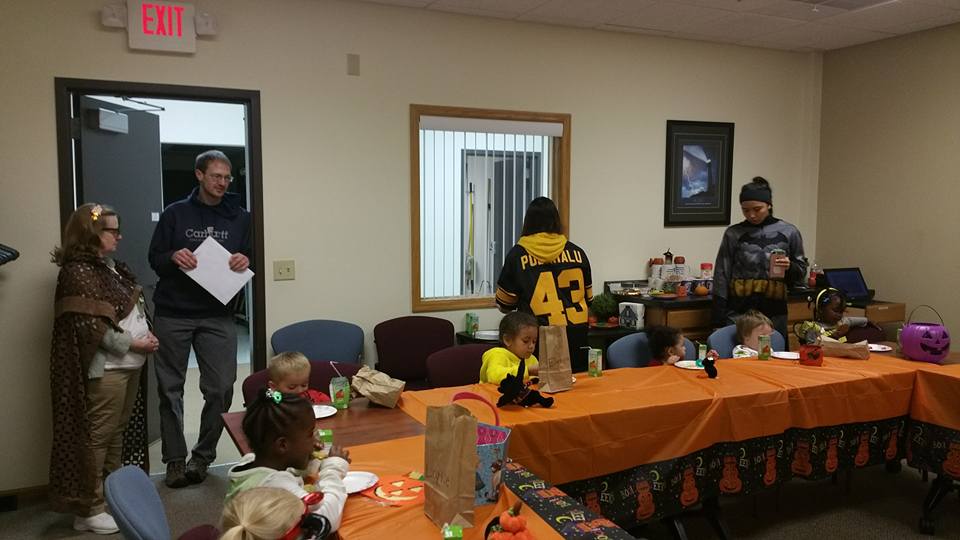Gambling addiction can be easy to hide from others, according to gambling counselor Patricia Jirovetz. Jirovetz also said that what counts as gambling isn’t always clear.
“(Some) video games are set up with the same reward structure as a slot machine,” Jirovetz said in a recent interview for “The Morning Show” on WPR. “It’s unpredictable. You know you’re going to win, but you just don’t know when.”
Online gambling has become more accessible and popular since 2000, according to the Centre for Gambling Education and Research in Australia. Jirovetz said as a result of this increase, people are gambling for longer periods of time and with more cash to try and win back their losses.
News with a little more humanity
WPR’s “Wisconsin Today” newsletter keeps you connected to the state you love without feeling overwhelmed. No paywall. No agenda. No corporate filter.
According to Jirovetz, there are a few different types of gamblers: the social gambler, the problem gambler, and the compulsive gambler.
Most people are social gamblers, Jirovetz said. They can set a spending limit, go to a casino for fun, and leave at the end of the night without having gone over their limit.
Sometimes a gambling problem can progress into gambling disorder as defined by the Diagnostic and Statistical Manual of Mental Disorders.
“(Gambling) starts to be a problem when the gambler becomes obsessed with placing the next bet,” Jirovetz said, adding that this kind of obsession is known as “chasing the loss.” Gamblers experience a spike of dopamine in the brain when they gamble — whether they win or lose.
In addition to being a certified gambling counselor, Jirovetz is president of the Wisconsin Council on Problem Gambling. The organization was started in the ’90s by offering a 24/7 problem gambling helpline. Jirovetz said that last year, the helpline answered around 15,000 phone calls from people seeking help for themselves or someone they know.
“Generally, significant others or spouses don’t find out about (a gambling) problem until there’s a crisis,” Jirovetz said. If you suspect that someone you care about has a gambling problem, Jirovetz suggests having an open, non-judgmental conversation with them.
If they are receptive to help, Jirovetz recommends directing them to recovery resources like the ones available on the Wisconsin Council on Problem Gambling website. Some options include counseling, the Gamblers Anonymous 12-step program, and cognitive behavioral therapy. The website also has a screening questionnaire to help people decide if they want to seek help.
Jirovetz specified more ways to support problem gamblers in an interview on “The Morning Show.”
The following was edited for clarity and brevity.
Kate Archer Kent: How is gambling addiction different from substance addiction?
Patricia Jirovetz: With substance abuse, usually families are aware of it as it’s happening. Gambling can be very secretive. We call it “the hidden disease” because it’s not seen. You don’t smell it on somebody. You can’t do a blood draw and find out if the person’s a gambler.
KAK: What are some less visible forms of gambling?
PJ: Online gambling. Twenty-five years ago, if someone asked you ‘where can you go gamble?’ You just said ‘a casino.’ That was about the only place to go. For a short time in Wisconsin, there were some dog tracks. Now, the closest place to gamble is on your phone. It’s very hidden that way.
KAK: What are the effects of fantasy sports sites and online sports betting?
PJ: There’s a lot of legalized sports gambling. Sports betting is legal in 36 states. In the past five years, sports betting has brought in $235 billion.
KAK: Oh, my goodness. Wow.
PJ: If teens get involved in sports betting … that’s of concern. Their brains are developing. The frontal lobe that gives us reasoning isn’t fully developed. Teenagers go through a lot of brain changes, and so if they’re involved in video gaming and sports betting, it can affect how their brain develops.
KAK: Do some apps and games on our teen’s phone have gambling themes and content?
PJ: Yes. Some video games are set up with the same reward structure as a slot machine. It’s unpredictable. You know you’re going to win, but you just don’t know when. Gambling has that unique quality that you’re getting dopamine spikes for (losing) as well as winning. So that’s where it becomes a problem. You can become obsessed with making the next bet because your brain is firing off like if you just won.
KAK: Video games using loot box mechanics can be geared toward kids. Researchers say loot boxes are similar to other forms of gambling like slot machines. How else are gambling mechanics used in video games?
PJ: In a lot of ways. You can either win gems or coins within the game and use them to buy different things. You can also pay cash, real money, to get those things … but unlike a casino, they don’t pay out. Is it gambling or is it gaming? There’s no actual payout, but the mechanics of it run similar to slot machines. It’s random.
KAK: Are there some common gambling triggers people can try to avoid?
PJ: Money is a trigger. We don’t talk much about money in our society, even within families. Elderly parents will say, “when I die, you get what’s left,” and you aren’t even aware of what financial shape your parents are in. It’s not something that anybody is very comfortable talking about. When you aren’t doing well with money, there’s an extra stigma that gambling is just a matter of self-control. So you hold that in. You keep it hidden.
Wisconsin Public Radio, © Copyright 2025, Board of Regents of the University of Wisconsin System and Wisconsin Educational Communications Board.





